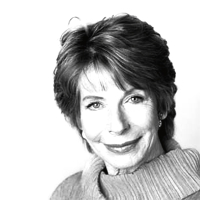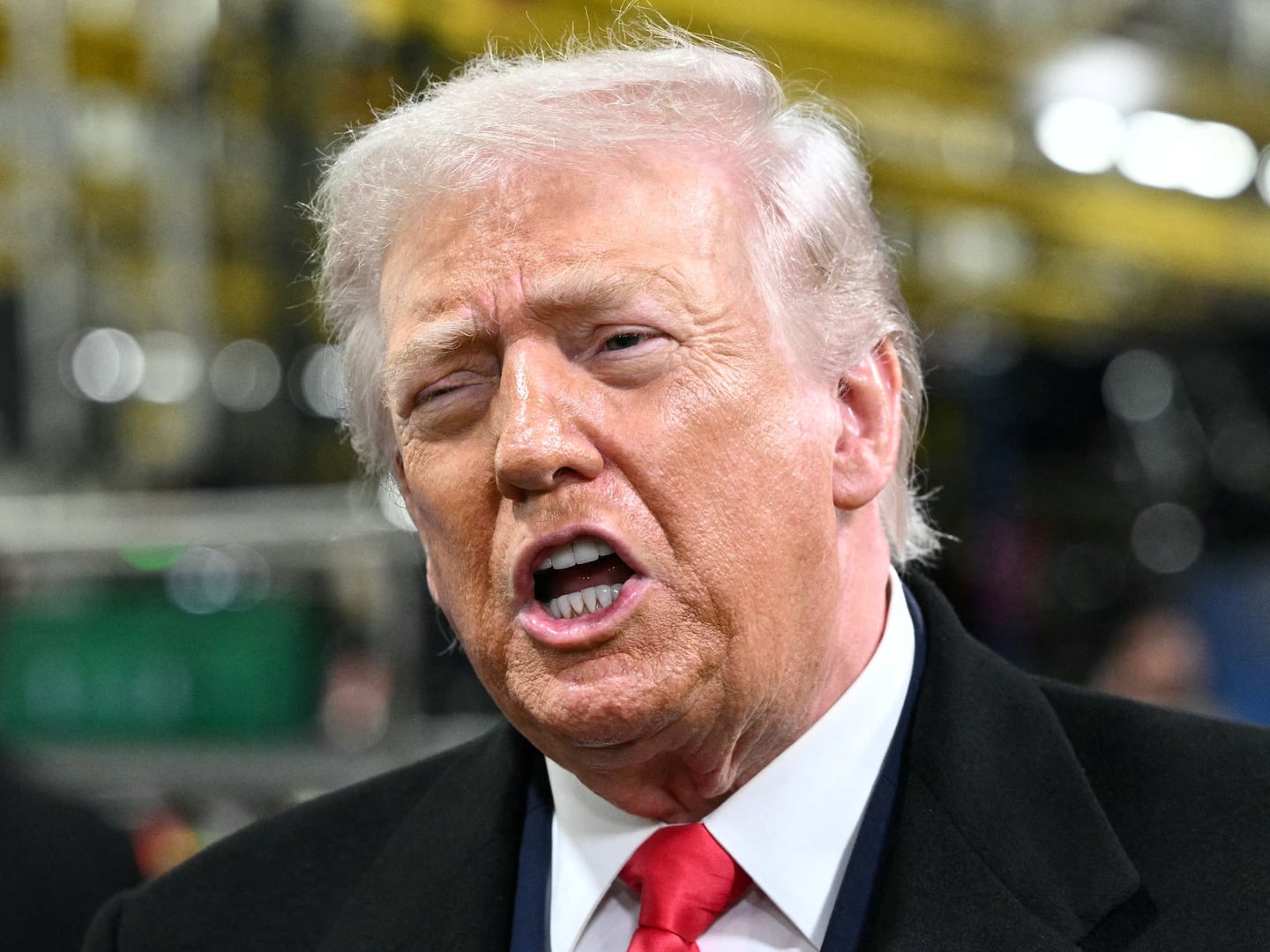
The smile of Mo Sochua is gentle. It’s the sweet Cambodian smile, as deceptive as her birth country. The Cambodia of the headlines is a great success story: “Democracy Sprung from Bones of the Killing Fields,” or “Five Top Khmer Rouge Leaders on Trial.” But scratch the surface, says Sochua, the most outspoken human-rights activist in the parliament, and you will see Cambodia “fast regressing to a soft dictatorship.”
“I sat up and said, ‘I’m not going to take this anymore! I am not going to be defenseless. I am going to jail.’”
Beneath the surface of her serenity is a caldron of energy and passion to save Cambodian women from sex slavery in brothels, where she goes at night to comfort and educate them. She campaigns to restore free and fair elections. She stands with families who are being brutally driven off their lands with methods similar to those of the Khmer Rouge. Today, it’s the military that wields guns, tear gas, and beatings, and burns fields and homes to the ground to turn over the land to rich developers or corporations, all sanctioned by the government.
You would never imagine that this elegant woman with the high cheekbones of her Chinese mother, dressed in a hand-tailored suit, crossing the lobby of the Parker-Meridien Hotel in Manhattan to meet me for an interview, could be called a “hustler” or “gangster.” But that is how she has been shamed by the leader of her country, Prime Minister Hun Sen, the Vietnamese strongman who has been in power for over 30 years.
Hun Sen was very supportive of Mo Sochua when she was the first female to become minister of women’s affairs in his cabinet, in a country that considers women inferior to men. She made him look good when she negotiated international agreements against sex trafficking of women in Southeast Asia, which brought in donor money from democratic countries and later earned her a Nobel Prize nomination. He was even pleased when she fired up thousands of women to run for provincial political office and saw 900 of them elected.
But since 2004, when she renounced her government position in protest against corruption, she has become the leading voice of the opposition. During recent elections, she challenged a general who was campaigning for office in a government vehicle. She wanted to take a photo as evidence of election fraud. The beefy general wrestled with her to push her away from his car. In the tussle, the buttons on her shirt were ripped open, shocking the large crowd. The ruling party seized the opportunity to put out a story all over the government-controlled media that the female parliamentarian “grabs men” and is the equivalent of a prostitute.
This distortion of her life’s work in saving women from sexual violence “just invites other men to abuse women,” she says. “Hun Sen is targeting me because I walk from home to hut to educate people about their human rights. I tell them about the laws that protect them, but so many cannot read. Land-grabbing is the top issue, because when a farmer or a woman is evicted from their land, they lose the future of their children. Then the ruling party works on them psychologically, and threatens that if they let me come to talk to them again, they won’t be allowed to register a child for school or get health services or even cross the road, because the government owns it.”
Threatened with having her parliamentary immunity revoked, which would open the way for arrest, Sochua had the audacity to lodge a lawsuit for defamation against the prime minister. If arrested, she would be detained in the notorious Prey Sar prison for as long as the court wishes.
Fear is not an emotion Sochua allows herself. In 1972, she was the naïve, overprotected 18-year-old daughter of an affluent family who owned a local airline company and thus were targets of the communists bent on genocide of the educated class. Her mother put her on a plane to Paris to spare her from the genocide spilling up to their doorstep in Phnom Penh. She never said goodbye to her parents, who were exterminated in 1975 when the Khmer Rouge were overtaken by the Vietnamese.
She raised herself from the age of 18. With a scholarship to the University of California at Berkeley, she earned a master’s degree in psychology and worked as a translator for the refugees who began trickling into California, and eventually became a U.S. citizen. When she returned to Cambodia in 1989 to organize social services for women in the refugee camps, she found a country in ruins.
She has deep insights into the mental state of her people today. “We have not unpacked our bags, psychologically. We are still refugees. Every one of us is scarred from within. When I go into the homes and huts of the farmers in my district, I find a mess. They don’t straighten their beds or put away their dishes.They are ready to run at any time because they do not know what is coming tomorrow. Their children are like small animals—always on alert—at any sign of conflict or danger they jump into attack or retreat into passivity and become paralyzed. This is why gender-based violence against women is so rampant.”
Now 55, she is feeling uncharacteristically vulnerable. “I am a leader alone at the top. I have never been nurtured inside.”
Three weeks ago, Sochua was in her country house in the south of Cambodia, laying on her bed, sick with pneumonia, taking antibiotics and weeping. The youngest of her three daughters, now 18, had just left home to travel in Europe; Devi will enter Columbia University in the fall. It dredged up for Sochua her own loss at 18 of parents she never saw again.
Feeling uncharacteristically vulnerable, she turned to her American husband and moaned, “What are we going to do now we have no one at home?” “I was anguishing over what can I do for my country, how can we win? I knew this was a new passage in my life.”
Suddenly, she smacked her hands together. She leaned toward my face, recalling her awakening. “I sat up and said, ‘I’m not going to take this anymore! I am not going to be defenseless. I am going to jail.'”
She takes as her inspiration Hillary Clinton. “In Beijing [at the U.N. Conference on Women], we all looked to Hillary Clinton and she gave us the rallying cry: 'Women’s rights are human rights.'” In March, Sochua saw a different Hillary at the annual Washington gala of Vital Voices, the decade-old nongovernmental organization that finds, trains, and empowers emerging women leaders around the globe. “Now, I felt she was looking at us, the women she has helped to raise up, to support her and assure her of her agenda for women’s rights.”
This week Mo Sochua is in Washington and New York meeting with women in Congress and asking the U.S. to take the lead with the international community to say “emough” of aid to a government and military that has utter disregard for human rights and the rule of law. Instead of repeating the policy of the Bush administration, she urges that U.S. development aid go to the NGOs. She galvanized a power group of women at a luncheon held by Tina Brown to create a New York chapter of Vital Voices. Diane Von Furstenberg, a board member of Vital Voices, had emailed Sochua to say she didn’t have to go to prison to help other women.
Why is she so certain and sanguine about the need to go to prison to further her mission? I asked. Sochua smiled her gentle Cambodian smile. “I told myself ‘Grow up. Be strong. You are a river and you have run into a dead end. You have to bend again.”
Gail Sheehy is an American writer and lecturer, most notable for her books on life and the life cycle. She is also a contributor to Vanity Fair.





